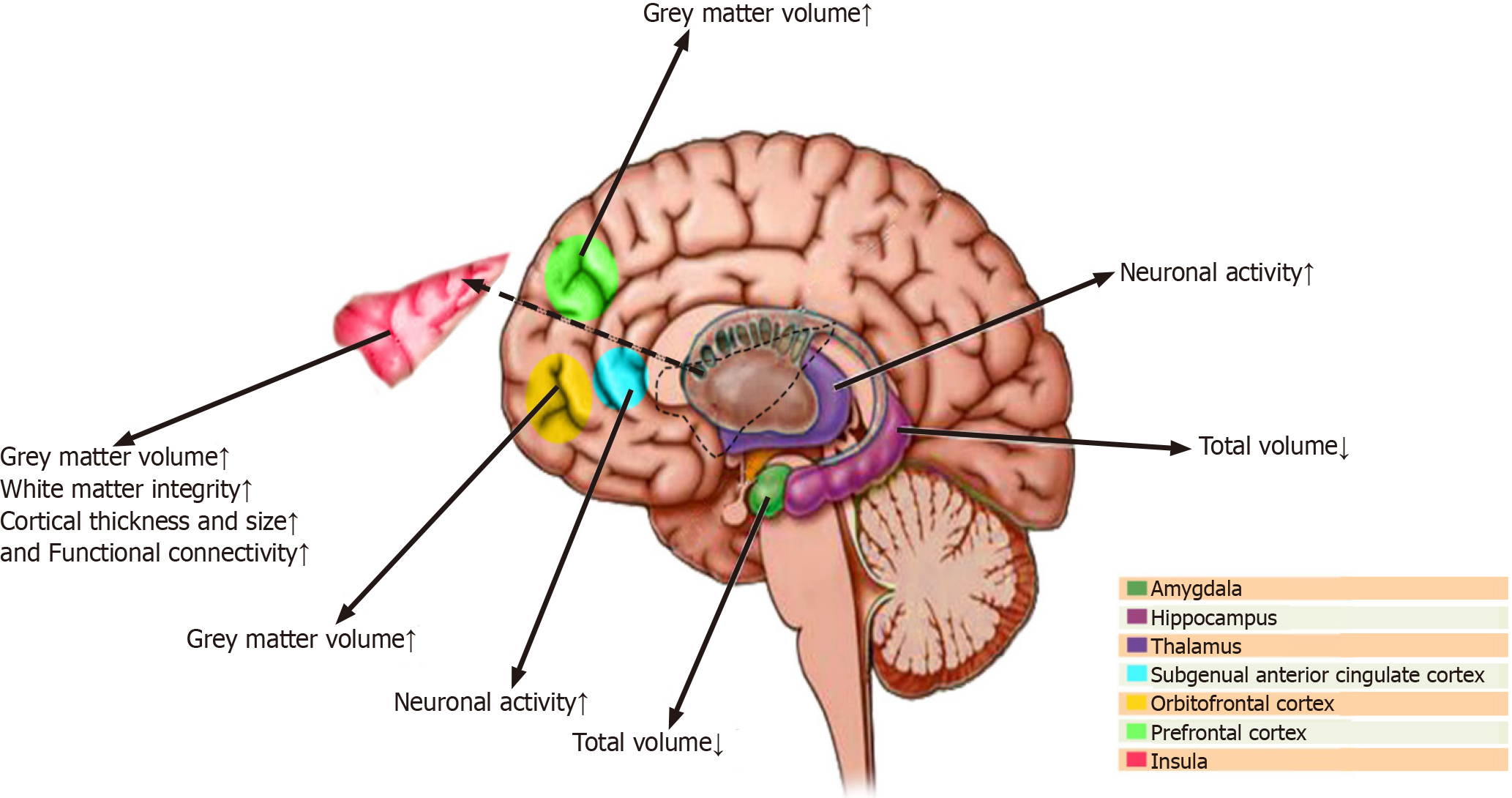
According to Dr Richard Nahas, meditation is an ancient practice that allows you to calm your mind and get control over your body. In the modern era, meditation is practised by millions of people all over the world due to the numerous mental and physical health benefits it offers. Meditation also helps to cultivate strict self-discipline and spread positive feelings that help to create a joyful awareness in your life.
The Benefits
Here are a few health benefits of meditation:
1. It helps to improve your physical, mental, and emotional health – Most people start a meditation routine to help manage their stress better. According to a study, it has been observed that practising mindfulness meditation for 8 weeks was enough to lower the stress hormone known as cortisol and reduce the harmful effects associated with the hormone such as the release of inflammatory chemicals called cytokines.
It has also been proven to reduce the symptoms of anxiety in people who suffer from a generalized anxiety disorder. Further studies have confirmed that regular meditation can also help with the symptoms of depression, improve stress reactivity, and coping skills, and control job-related anxiety.
2. It enhances your self-awareness – All types of meditation practices allow you to develop a stunning awareness of your ‘self’, including the mind and the body. It allows you to cultivate a deeper understanding of yourself that helps you to improve your problem-solving skills.
Essentially, meditation is like resistance training for your mind, and the longer you do it, the better your focus and attention span becomes. Since you are able to improve your mental discipline through meditation, it also allows you to increase your self-control and combat bad habits that are harming your mental, physical, and emotional health.
3. It can decrease your blood pressure – Regular meditation has been shown to reduce high blood pressure and prevent the narrowing of the arteries (atherosclerosis) as a result. In fact, it can improve the symptoms of high blood pressure, especially in older patients. Thus, meditating regularly can allow you to keep your heart healthy and prevent heart disease.
4. It can help to prevent age-related memory loss – According to researchers, meditation can help to reduce age-related memory loss in the elderly. Plus, it can also partially improve memory in people who suffer from dementia. Experts believe this is possible since meditation helps to improve mental clarity, attention span, and focus.
5. It allows you to deal with pain better – Numerous studies have shown that meditation changes your brain on a fundamental level. One of the major changes is your ability to deal with negative stressors, including the perception of pain since it is connected to your state of mind. It doesn’t actually reduce the physical intensity of the pain but allows you to cope with the painful stimulus much better.
Conclusion
Dr Richard Nahas suggests you practice mindful meditation early in the morning after you wake up when your mind is completely fresh. Meditating for a few minutes each day will help you tremendously improve your quality of sleep, manage your emotional health, and become much more self-disciplined.
